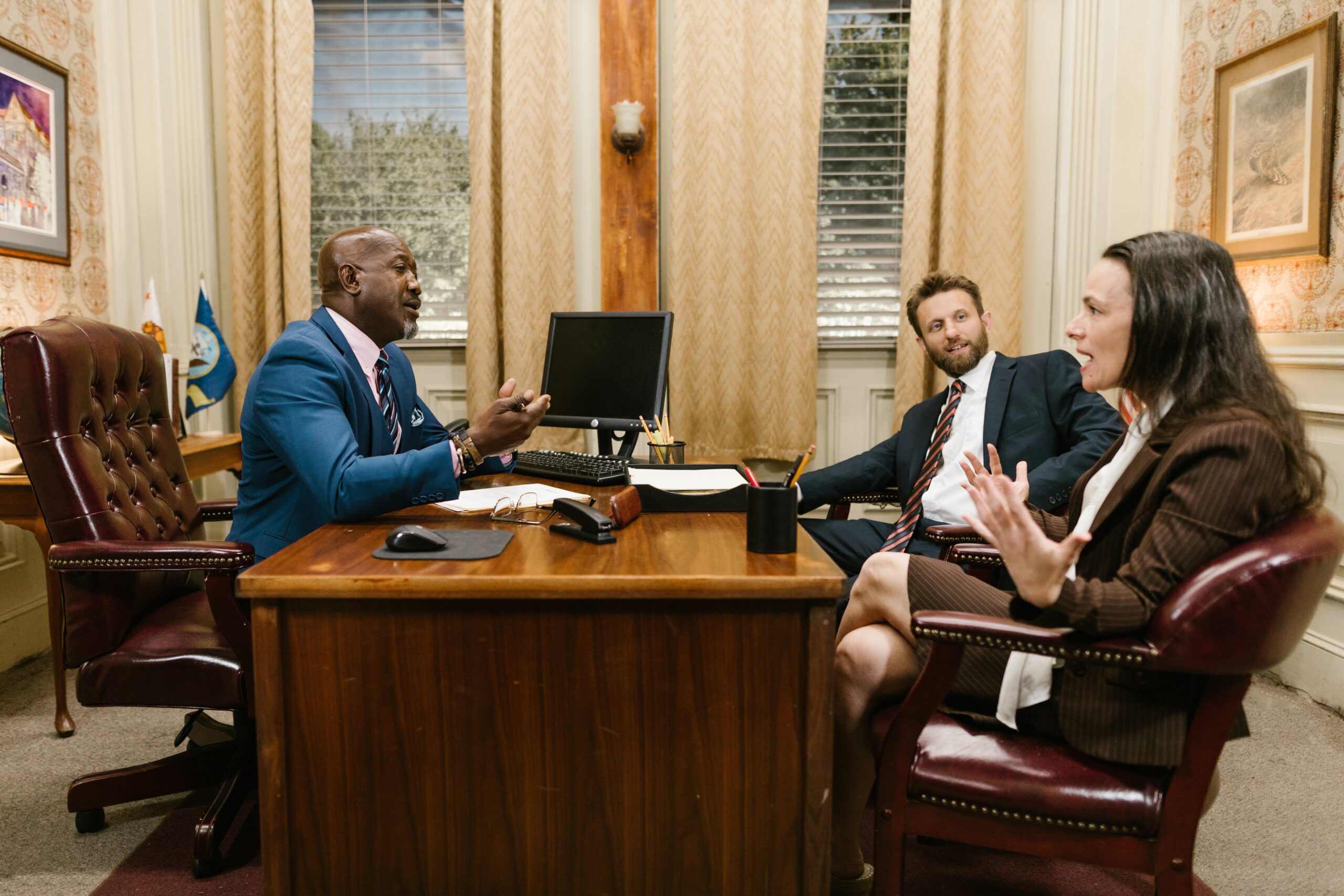
In disputed custody proceedings, judges are required to determine how the child’s time should be divided. Kansas laws (also known as statutes) and case precedent (decisions from past cases with similar situations) give judges a few guidelines to consider. The “Best Interest of the Child” standard and the factors set forth in K.S.A. 23-3203 are the guidelines that judges must consider before issuing a ruling in a case involving children.
Legal Custody
Often, people get legal custody confused with residential placement. Legal custody refers to a parent’s right to make decisions about their child’s education, health, and welfare. There are a few ways that legal custody can be designated: Joint Legal Custody and Sole Legal Custody.
In Kansas “Joint Legal Custody” is typically ordered by the Courts. Under a Joint Legal Custody model both parents have equal rights to be involved in the decision-making process surrounding the issues that impact their children’s lives.
In select cases, a court will order Sole Legal Custody if it determines that one of the parents will use equal rights in legal custody to abuse, annoy, harass, or otherwise harm the other parent or the child.
Which are the most important factors?
No one factor is more important than the others. However, there are some that bear more relevance in a custody case. Typically Courts see factors (1), (5), (6), (8), (9), and (10) as the ones that bear the most relevance.
Factor one asks the Court to consider who has been the primary caretaker of the child before and after the parents’ separation. Factor five requires the Court to determine if the child has any special needs or considerations that will impact the emotional or physical wellbeing of a child. Factor six requires the Court to take into consideration all of the people that are part of a child’s life and how they interact with the child. Factor eight asks the Court to examine whether the parents encourage the children to have a relationship with the other parent. Factor nine requires the Court to investigate whether abuse has been part of the family’s experience. In instances where one parent is abusive to the child or the other parent, the Court will likely not place the child in the home of the abuser as psychological research has shown that abusers will use children against the other parent. Finally, factor ten asks the Court to determine how the parents communicate, collaborate and manage parental responsibilities. It encourages the Court to examine which parent, if any, is the more collaborative of the parents.
Factors fifteen through eighteen are highly important, though very few cases require that they be considered. However, if one of those factors apply to a case, more often than not they will be highly relevant to the Court.
Does the Child Get Any Say?
Maybe. One of the factors outlined in K.S.A. 23-3203 is “the desires of a child of sufficient age and maturity as to the child’s custody or residency.” (K.S.A. 23-3203(a)(3).) However, this does not mean that whatever the child says is what will happen. Rather, the courts want some feedback as to what a child wants and why.
Additionally, it is important to note that a judge is not going to make a child testify in open court about where they wish to live. Instead, courts will either talk to a child in their chambers (this is very rare) or they will order that the parties hire a Guardian Ad Litem (attorney for the child) to conduct an investigation and make a recommendation to the Court.
Contact a Child Custody Attorney to Learn More
We understand that parents’ top concern in a divorce or paternity action is what happens to the children. Parents often disagree about the child’s place of residence or the time they spend with each parent. If you and your child’s other parent cannot come to an agreement seek help from one of Addair Law’s child custody attorney to protect your rights to your children and ensure that their best interests is being considered. Call today.
